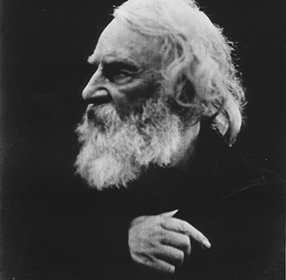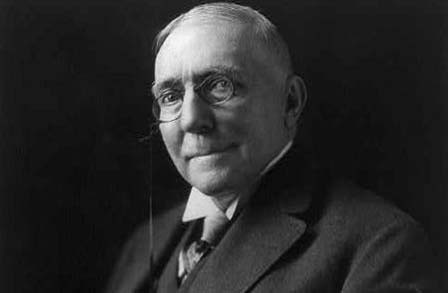
Time for another quick jaunt through the world of Classic Poetry. Robert Frost has always been another of my favorites, since being introduced to his work more than 68 years ago, when I was twelve. I love him just as much today as I did then, though I’m not sure whether that simply means I had excellent taste at age twelve, or my taste has never developed any farther. Hmmm.
Either way, I think I’ll be sharing a few of Frost’s poems in the weeks ahead, just because … BEAUTIFUL!! (And meaningful, too.) Hope yo u enjoy today’s selection.
The Road Not Taken
Robert Frost
Two roads diverged in a yellow wood,
And sorry I could not travel both
And be one traveler, long I stood
And looked down one as far as I could
To where it bent in the undergrowth;
Then took the other, as just as fair,
And having perhaps the better claim,
Because it was grassy and wanted wear;
Though as for that the passing there
Had worn them really about the same,
And both that morning equally lay
In leaves no step had trodden black.
Oh, I kept the first for another day!
Yet knowing how way leads on to way,
I doubted if I should ever come back.
I shall be telling this with a sigh
Somewhere ages and ages hence:
Two roads diverged in a wood, and I—
I took the one less traveled by,
And that has made all the difference.
Robert Frost 1874 – 1963

Robert Frost was born in San Francisco to journalist William Prescott Frost Jr. and Isabelle Moodie.] His father was a descendant of Nicholas Frost of Tiverton, Devon, England, who had sailed to New Hampshire in 1634 on the Wolfrana, and his mother was a Scottish immigrant.
Frost was also a descendant of Samuel Appleton, one of the early English settlers of Ipswich, Massachusetts, and Rev. George Phillips, one of the early English settlers of Watertown, Massachusetts.
Frost’s father was a teacher and later an editor of the San Francisco Evening Bulletin (which later merged with the San Francisco Examiner), and an unsuccessful candidate for city tax collector. After his death on May 5, 1885, the family moved across the country to Lawrence, Massachusetts, under the patronage of Robert’s grandfather William Frost Sr., who was an overseer at a New England mill. Frost graduated from Lawrence High School in 1892. Frost’s mother joined the Swedenborgian church and had him baptized in it, but he left it as an adult.
Although known for his later association with rural life, Frost grew up in the city, and he published his first poem in his high school’s magazine. He attended Dartmouth College for two months, long enough to be accepted into the Theta Delta Chi fraternity. Frost returned home to teach and to work at various jobs, including helping his mother teach her class of unruly boys, delivering newspapers, and working in a factory maintaining carbon arc lamps. He said that he did not enjoy these jobs, feeling that his true calling was to write poetry.




















